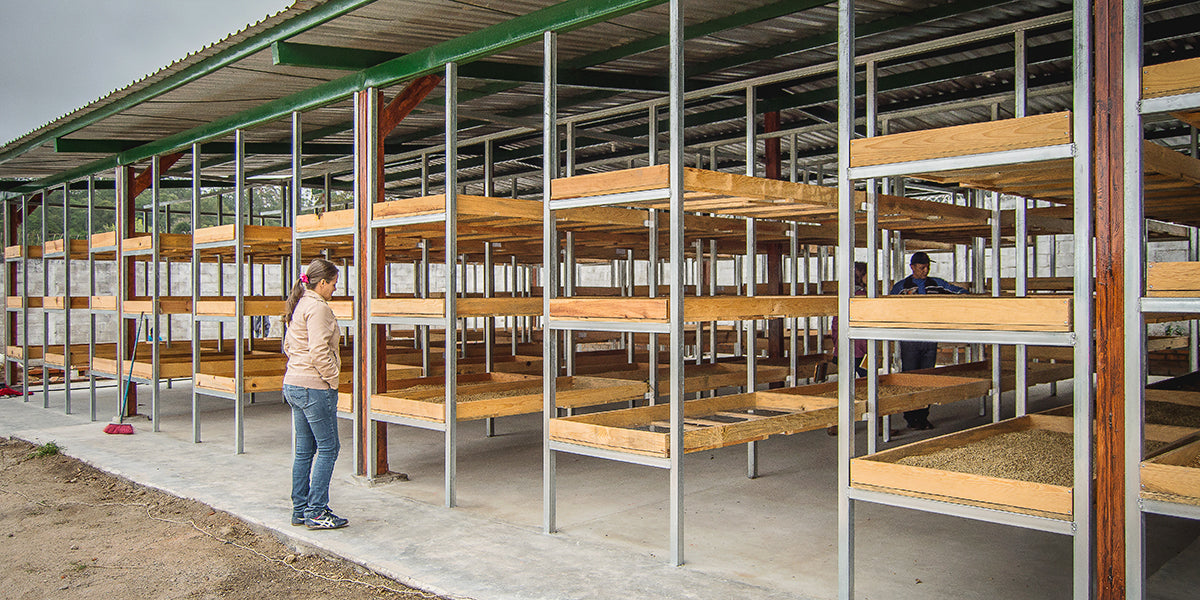Organic Honduran Water-Processed Decaf - Roasted Coffee
Our organic Honduran Water-Processed Decaf Coffee has rich and warm flavor notes with a light and sweet fruit finish. This perfectly roasted Honduran decaf coffee boasts very balanced acidity and is an excellent option for those who are looking for deep flavor without caffeine.
The cooperative, Cooperativa Cafetalera Capucas Limitada, which produces this stellar Honduran coffee offering has established a program that continues to support and grow the coop through education, access to buyers and initiatives like ecotourism. The coop recently added a new restaurant and zip line, beekeeping, and several greenhouse projects. The main goal is to strengthen the individual farmers so they can be independently successful and receive premiums to encourage growth and support their families and communities.
Ingredients: Organic 100% Arabica coffee.
Organic certified by PA Certified Organic. OU Kosher certified. Produced in an SQF-certified, renewable energy-powered facility.
At Fresh Roasted Coffee, we're pioneering the future of coffee. Our advanced, eco-friendly roasters unlock superior flavor in every bean while consuming less fuel and producing fewer emissions. As of 2024, we've taken our commitment a step further. The launch of our new solar array positions us as one of the cleanest commercial roasters in the nation, proving that the most delicious coffee can also be the most sustainable.
































